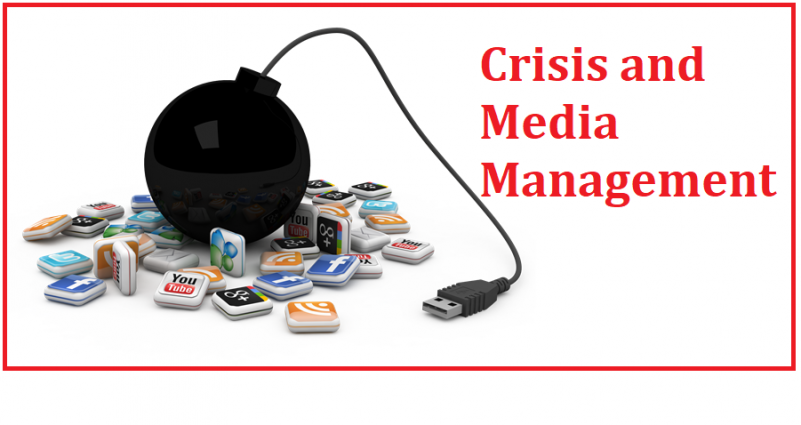Course Details
Your Growth, Our Mission

Course Description
The Training Course Will Highlight ?
Target Competencies
- Public speaking
- Verbal and nonverbal communication
- Influencing audiences
- Building rapport
- Motivating subordinates
- Organizing and leading projects
Training Objective
Target Competencies
- Public speaking
- Verbal and nonverbal communication
- Influencing audiences
- Building rapport
- Motivating subordinates
- Organizing and leading projects
Target Audience
This course is targeted at team leaders, supervisors and managers of public relations sections as well as any staff member who may be involved in managing communication issues during a crisis
Training Methods
The workshop is designed to be interactive and participatory with the occasional use of various educational and training tools. The course also relies on the use of real life cases aimed at helping the participants translate the theory into application in an effective and efficient manner. The course is built on four pedagogical pillars: concept learning (lectures and presentations), role playing (group exercises), experience sharing (roundtable discussions) and exposure to real world crises and policy choices which participants may confront.
Daily Agenda
Introduction
- Definition of a crisis
- Overview of communication
- Various types of crises
- Key aspects of a crisis
- Evolution of a crisis
- Principles of crisis communications
- Setting your clear objective
- Responding quickly
- Accepting responsibility
- Appropriate messaging
- Profiling your audience
- Showing and maintaining credibility
- Coordinating with others
- Continuous monitoring
Crisis management process
- Pre-crisis phase
- Crisis Management Plan (CMP)
- Crisis Management Team (CMT)
- The spokesperson's role
- Crisis event phase
- Initial response
- Reputation repair
- Post crisis phase
- Lessons learned
- Follow up with communication
Crisis communication and media
- Media and communication
- Media as a partner in crisis response
- Social media and crisis communication
- Social media as a beneficial tool or a challenge
- Dynamic use of social media in crisis communication
Dimensions of crisis communication management
- Standard operating decisions dimension
- Victims management dimension
- Trust and credibility dimension
- Behavior dimension
- Professional expectations dimension
- Ethical dimension
- Lessons learned
How to measure your results in a crisis
- Measuring outputs
- Measuring impact
- Measuring outcomes
- Steps for a measurement program
- Defining your objectives
- Defining your audience
- Defining your criteria and benchmarks
- Deciding upon your timing, budget and measurements tools
- Analyzing results for conclusions and recommendations
Accreditation
BTS attendance certificate will be issued to all attendees completing minimum of 75% of the total course duration.
Quick Enquiry
Request Info
Related Courses
Your Growth, Our Mission

